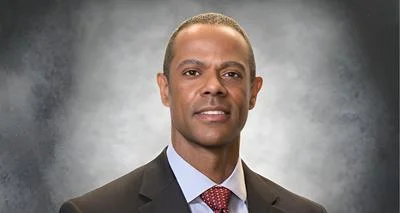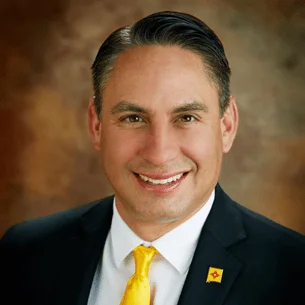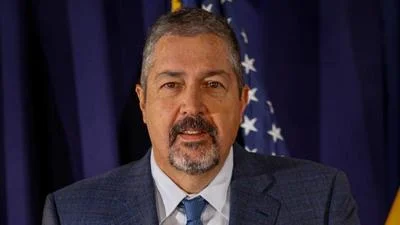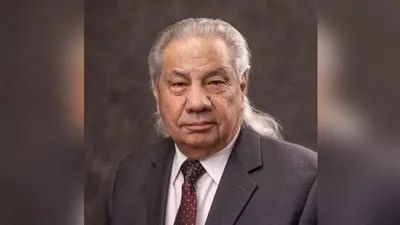Craig Brandt, a State Senator representing New Mexico's District 40, said that the bipartisan support for expanding New Mexico’s RICO Act signifies a pivotal moment in the fight against organized crime. Brandt made this announcement in a press release on March 21.
"This is a major step in the right direction towards truly addressing our state's public safety crisis," said Brandt, New Mexico State Senator. "I am pleased my fellow lawmakers on both sides of the aisle in the House and Senate supported this common sense legislation. I am appreciative of the collaboration we had with the Governor, District Attorneys, law enforcement, and other community stakeholders to make this happen."
His statement followed the unanimous passage of SB70 by the New Mexico Legislature, which expands the state’s RICO statute to encompass crimes such as human trafficking and criminal sexual conduct. The legislation is designed to provide prosecutors with more tools to combat structured criminal enterprises. Lawmakers have increasingly concentrated on addressing rising crime rates and enhancing community safety throughout New Mexico.
According to the press release, if enacted into law, the bill would add several serious offenses to the list of crimes, including human trafficking, sexual exploitation of children, and various forms of sexual assault. Additionally, it targets dog fighting, cockfighting, and smuggling contraband into prisons.
The Federal Bureau of Investigation (FBI) has reported that approximately 33,000 violent street gangs, motorcycle gangs, and prison gangs are active in the United States today. Many are sophisticated and well-organized; all employ violence to control neighborhoods and bolster their illegal activities, which include robbery, drug and gun trafficking, prostitution and human trafficking, and fraud.
According to his website, Brandt has served in the New Mexico State Senate since 2012 after serving as Vice President of the Rio Rancho Public Schools Board of Education. He has sponsored 16 pieces of legislation that became law, focusing on education reform, constitutional rights, and DUI reform.









